Daio Paper uses plant-derived materials for racing EV body parts
Daio Paper Corporation announced that it has provided its plant-derived material cellulose nanofibers (CNF) for parts of electric vehicles (EVs) for racing. With a new molding method, CNF was also used for large parts with integrated bumpers and bonnets. CNF can reduce the weight of the car body and improve fuel efficiency. In the future, we aim to use it in mass-produced vehicles. It will be marketed for sports equipment and home appliances by appealing for weight reduction and strength.
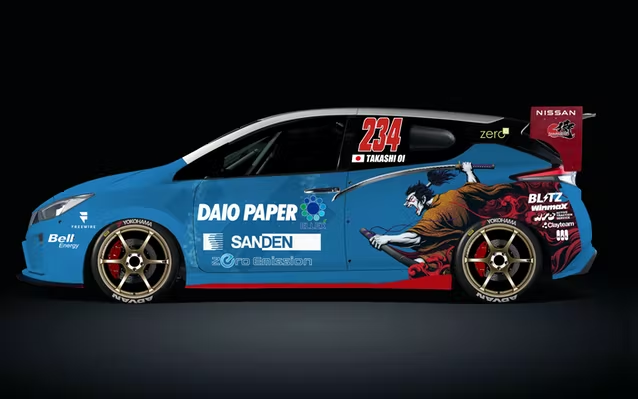
CNF is also used for front parts such as bonnets and bumpers = Provided by SAMURAI SPEED
The race will be held from June 20th to 26th. The race held in Colorado, USA, runs on mountain roads instead of circuit courses, so it can be verified on public roads. Daio Paper has been providing parts since 2018. It was adopted for doors and roof panels in 2009, and the replaced part weighs about 50%.
Recently, joint development with Ehime University and Kawanoe Zoki (Shikokuchuo City, Ehime Prefecture) has made it possible to manufacture large sheet-shaped CNF moldings. It will be possible to manufacture large parts from a single sheet, making it easier to mass-produce. Until now, a large number of sheet-shaped CNF moldings have been laminated together to manufacture large parts.
CNF is made by finely unraveling the raw material pulp into nano (nano is one billionth) meters, and can reduce the weight while maintaining the strength of the product. The company's CNF molding is said to be about five times stronger than plastic in terms of pulling force.
Since it leads to weight reduction, it can be expected to improve fuel efficiency, and has been developing parts for automobiles. In 2009, CNF was adopted for the front bumper of the sightseeing tour bus.



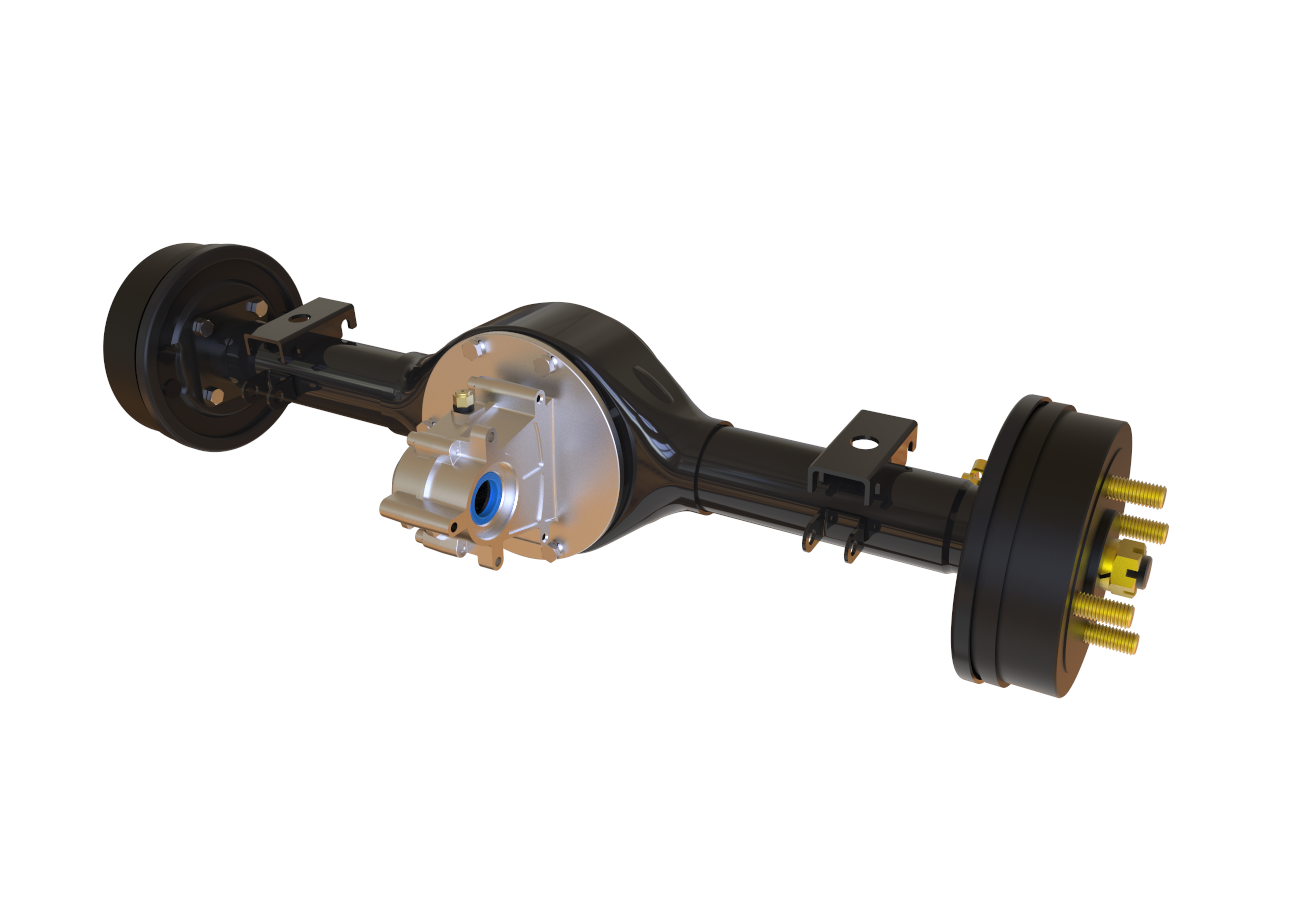
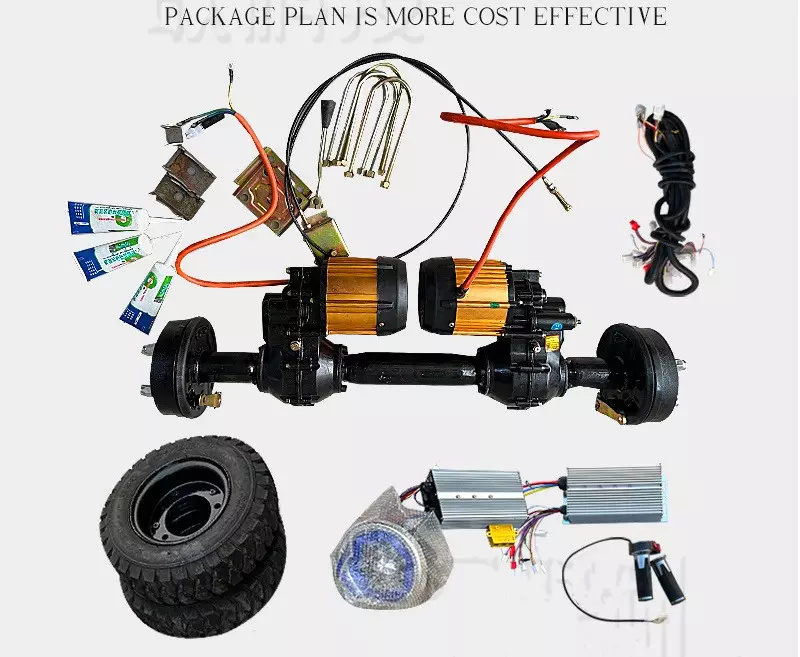

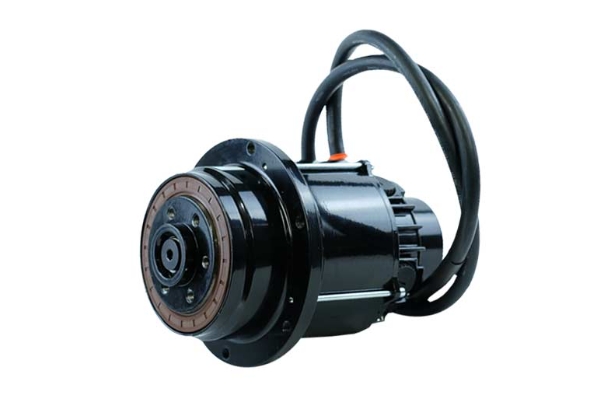
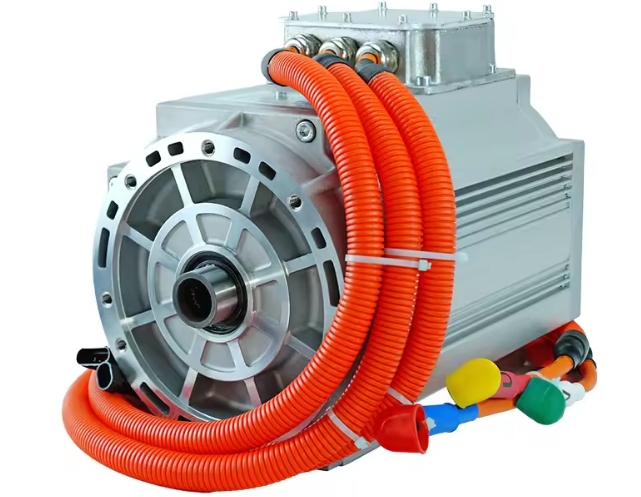
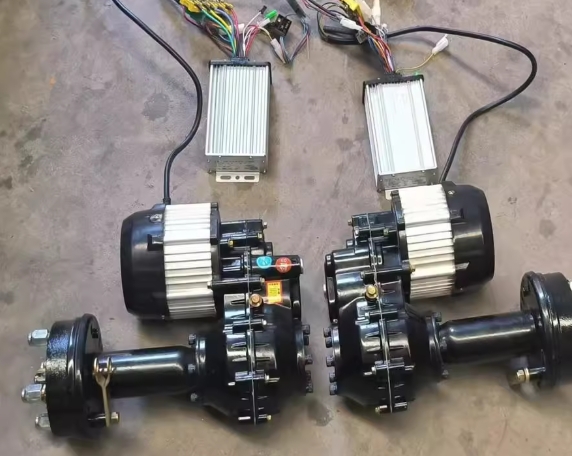
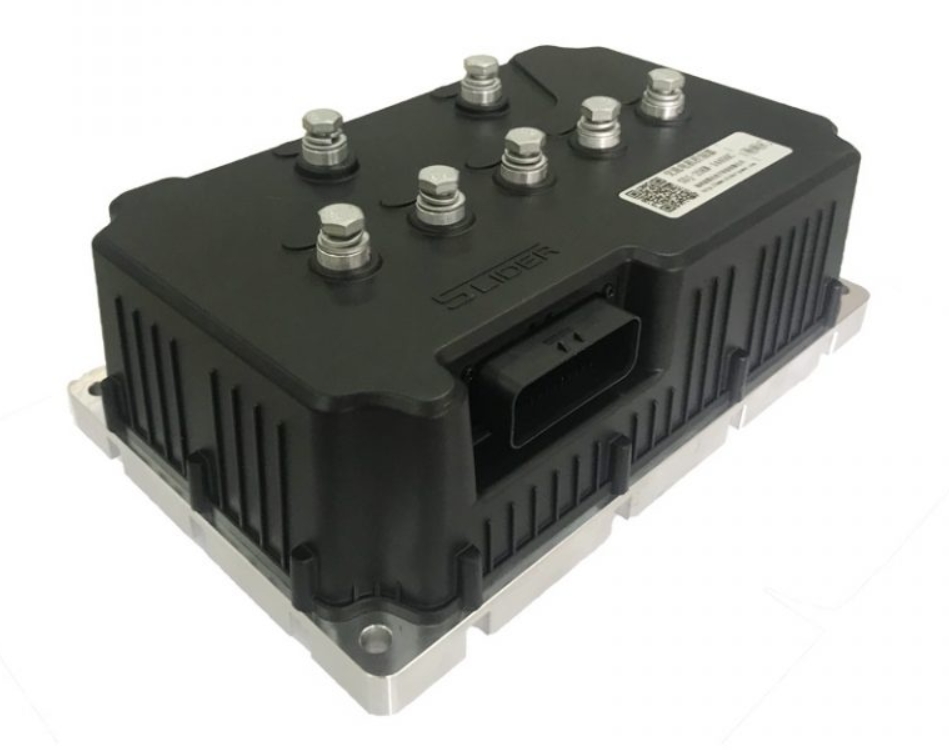

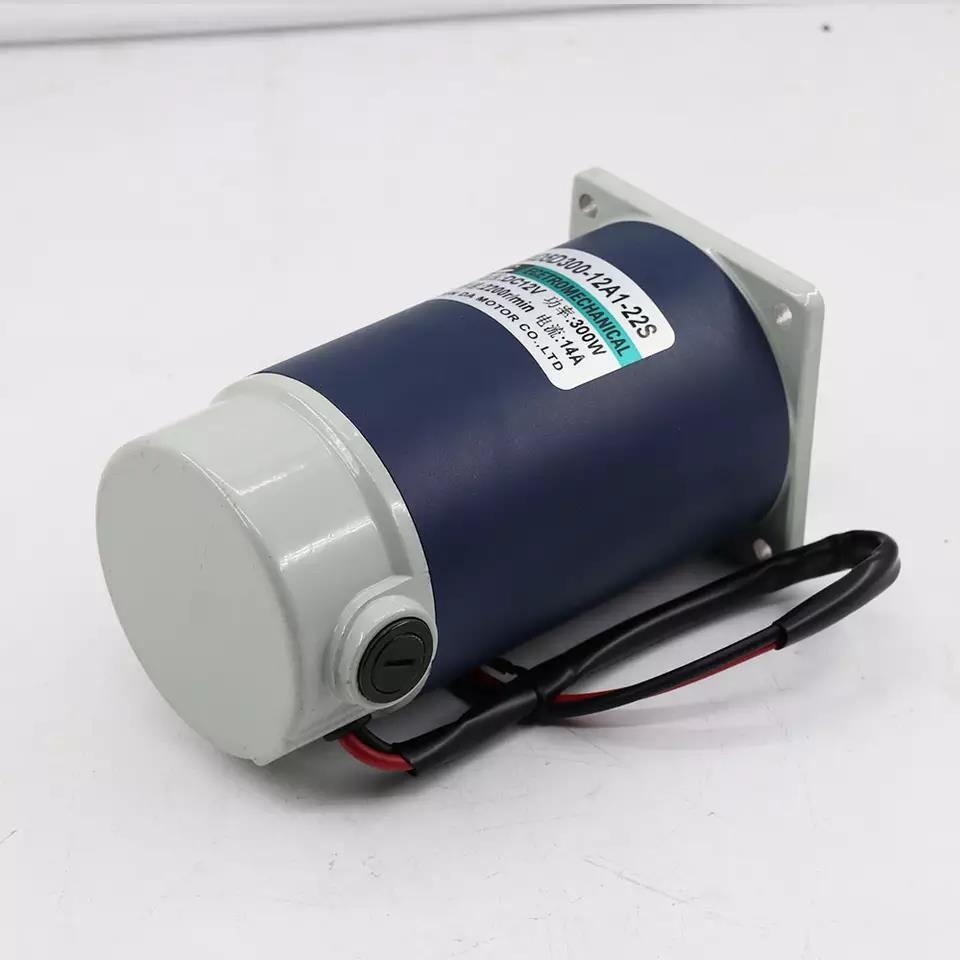
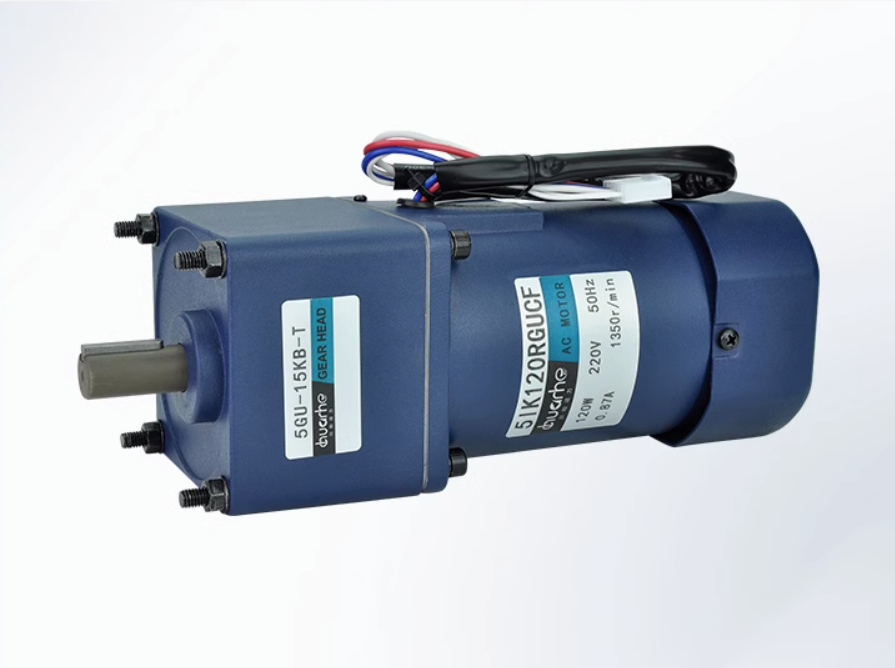
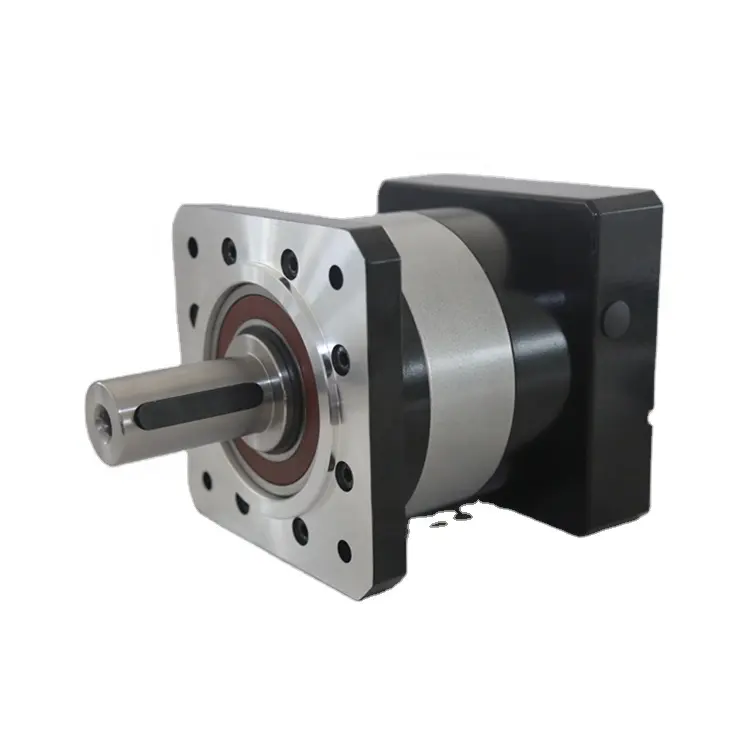
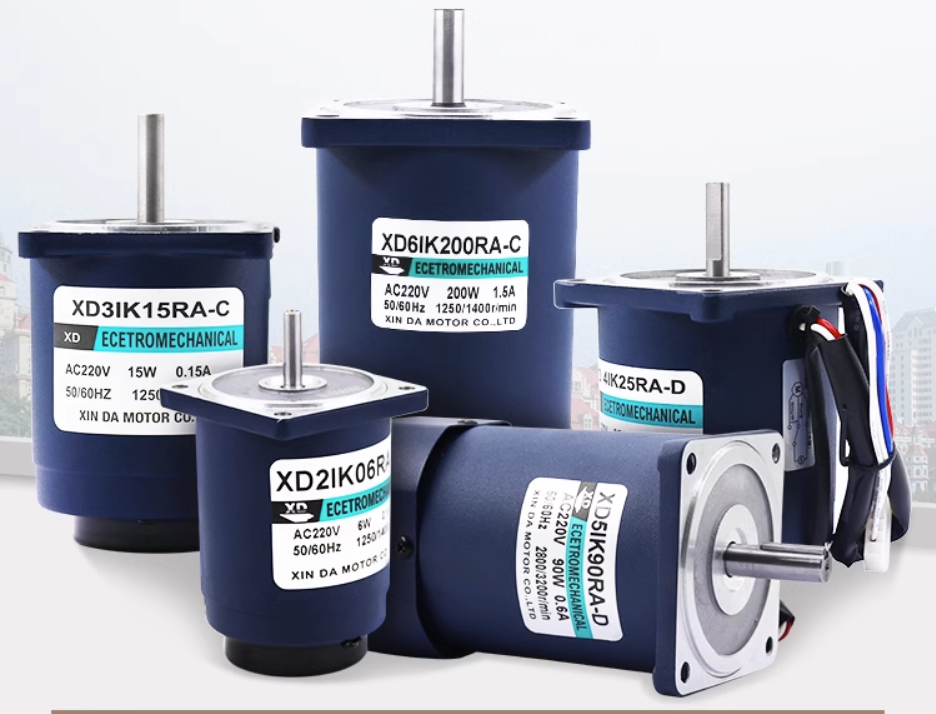


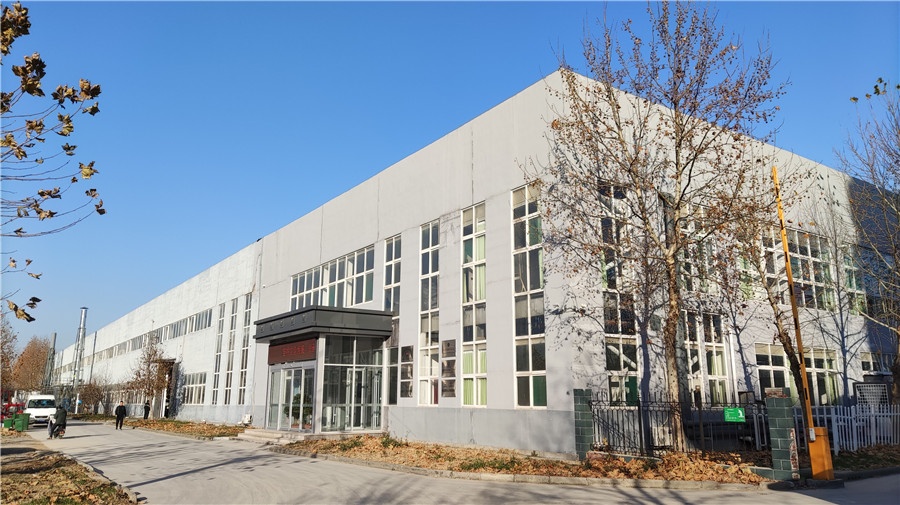
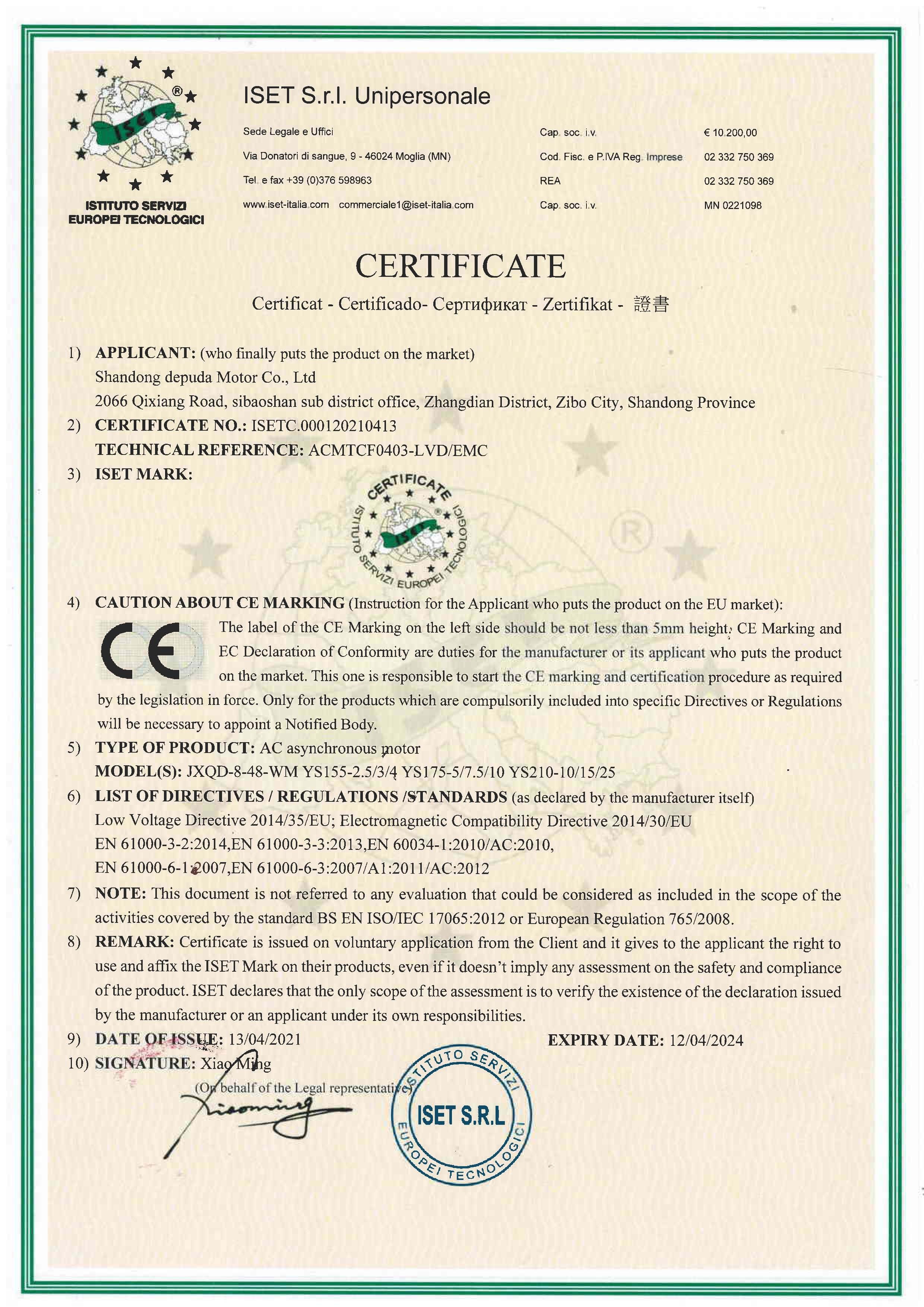
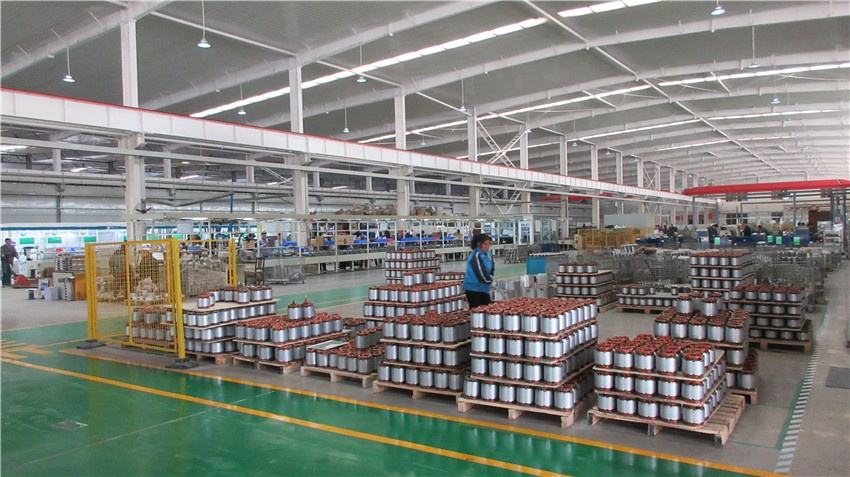
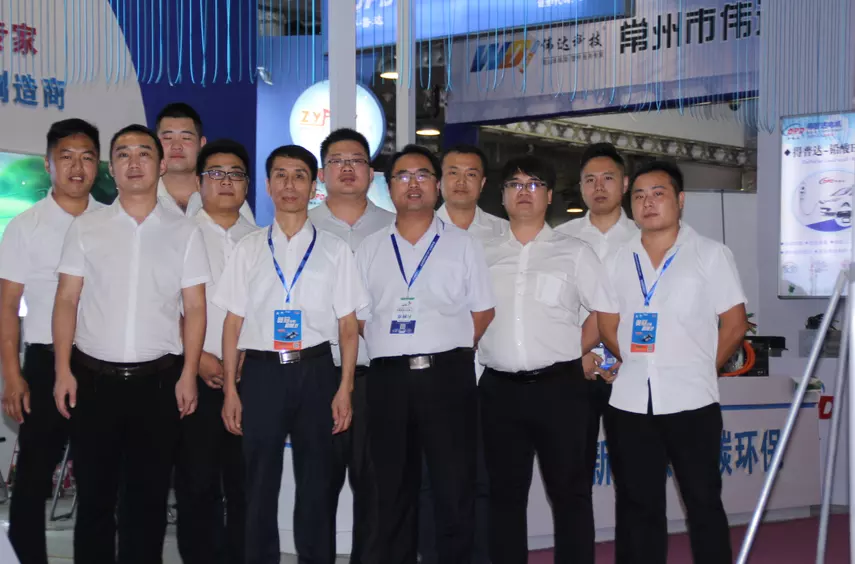

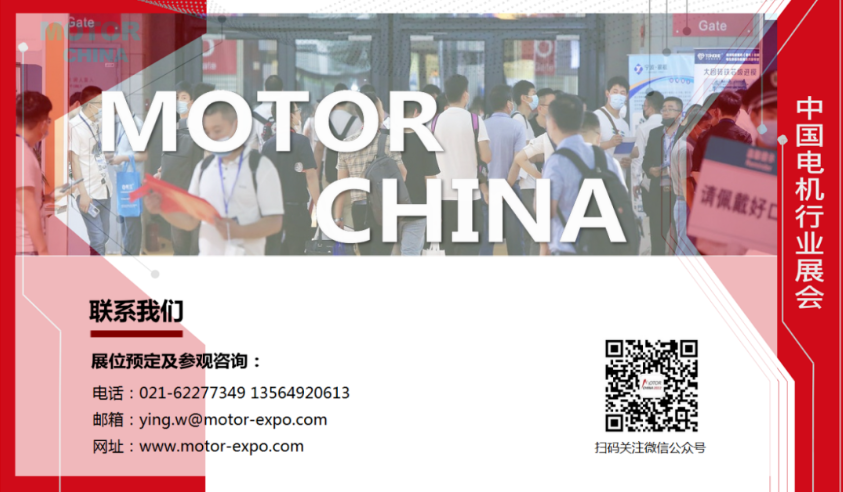
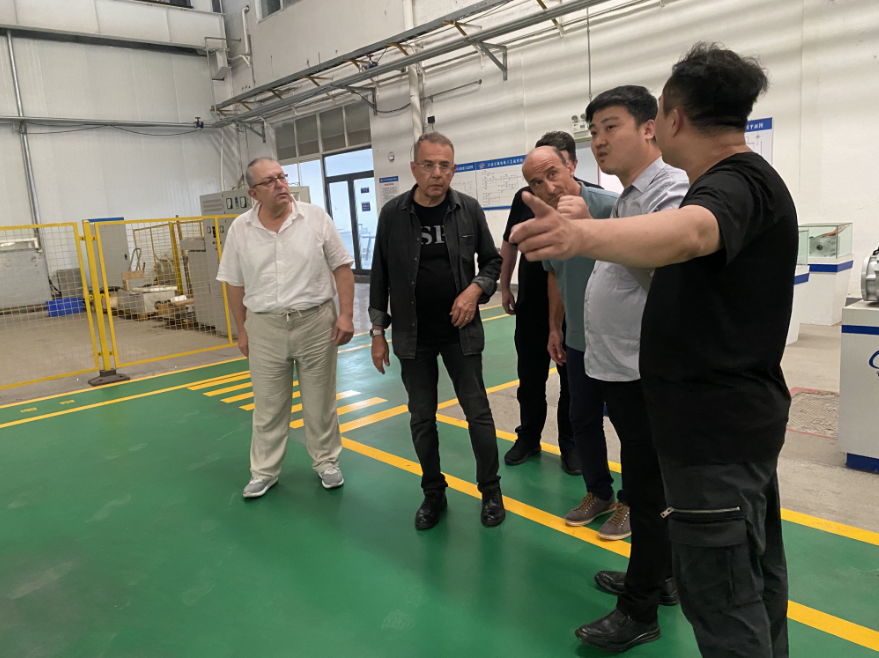
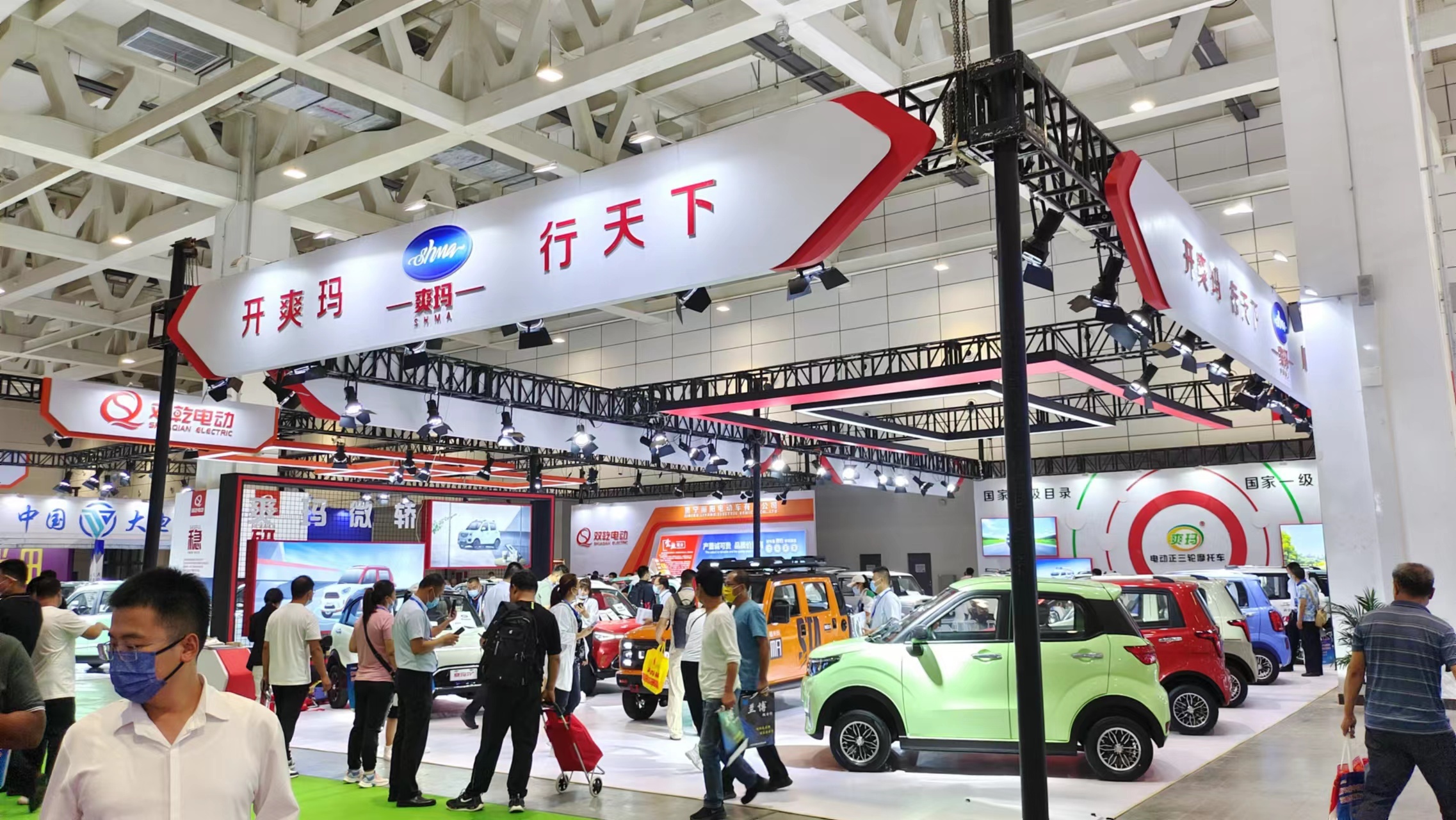


 XINDA
XINDA